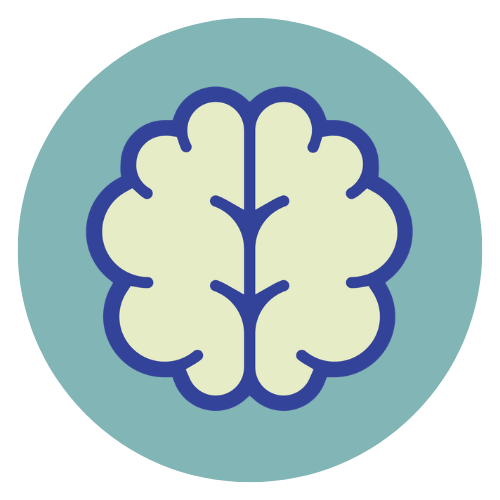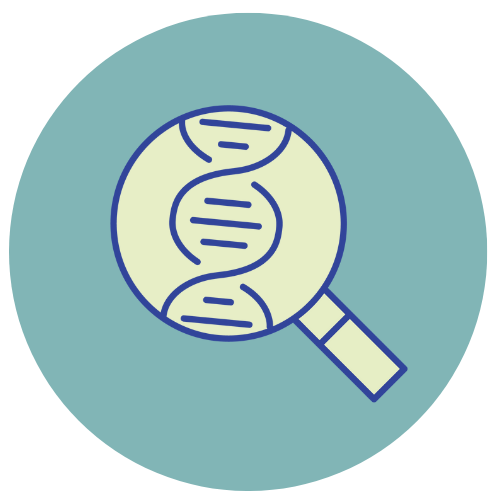New AAP Guidance: Exome and genome sequencing recommended as first-line tests. Learn more
It may be more than you think. Understanding the fundamental cause of epilepsy can identify new treatments and ultimately reduce seizures.
November 22, 2024 • 4 min read

Seizures are frightening—especially for a parent who wants nothing more than to protect their child from harm. Yet even after receiving an epilepsy diagnosis, many children continue experiencing seizures without a clear explanation of why.
When there’s no identified cause, it can be difficult to identify the best treatment. In these cases, finding the right medication can be a long process of trial and error—making it difficult to know when meds are good enough and when to keep trying something new.
Fortunately, for nearly 1 in 4 children with unexplained seizures, a genetic test can identify the root cause.2 When a physician knows what’s causing a child’s seizures, they can go straight to the source and treat it, designing a new treatment plan around the child’s specific genetic diagnosis for better outcomes.

When a patient’s treatment is modified after a genetic test, it results in as much as 90% fewer seizures in some cases.

For example, if an exome test shows that epilepsy is caused by a change (called a “variant”) in gene SLC2A1, a child’s doctor may recommend they stop taking seizure medications completely—since they are generally ineffective in these cases. For these children, a ketogenic diet has been shown to be highly effective in controlling seizures. A ketogenic diet is a low-carb, high-fat diet that forces the body to break down fat for energy instead of carbohydrates.

When an exome test shows a variant in another gene, SCNA2, the treatment is often more complicated. Commonly associated with early-onset epilepsy, SCN2A encodes instructions to make a protein in the brain called a sodium channel which plays a key role in a cell’s ability to generate and transmit electrical signals. When there is a change with this gene, it can cause epilepsy and other disorders.3 In other words, treatment for SCN2A-related epilepsy is going to be connected to sodium levels.
Importantly, the type of genetic variant in this gene impacts the type of medication that works best for patients with SCN2A-related epilepsy. Patients with certain variants respond well to seizure medication that blocks sodium channels, while patients with other variants should avoid this type of medication. A GeneDx exome test identifies not just SCN2A but the specific genetic variant, so physicians understand exactly how to treat it.

If an exome test shows that epilepsy is caused by two variants in the CLN2 gene, the child is diagnosed with what is known as Batten disease. Symptoms can include recurring seizures and difficulty coordinating movements, with children often losing their ability to walk or crawl. This subtype of Batten disease can be treated with enzyme replacement therapy, which slows the progression of these symptoms. Without a genetic test, the child would not be diagnosed—or given the enzyme replacement therapy that can make all the difference.
In total, more than 750 different genes have been identified related to seizures. Unlike other, less comprehensive genetic tests (like multi-gene panels or chromosomal microarray), a GeneDx exome test can check them all.
By getting to the root cause of unexplained seizures, a positive exome test can help doctors find the right treatments, sooner.
Families can learn more about GeneDx exome testing and how our Epilepsy Partnership Program can help you access testing even if it’s denied by insurance.
References: 1. World Health Organization overview on epilepsy: Home/Health Topics/Epilepsy. https://www.who.int/health-topics/epilepsy. Accessed on October 23, 2024. 2. Sheidley BR, Malinowski J, Bergner AL, et al. Genetic testing for the epilepsies: A systematic review. Epilepsia. 2022 Feb;63(2):375-387. doi: 10.1111/epi.17141. 3. Families SCN2A Foundation overview on SCN2A: https://www.scn2a.org. Accessed on November 13, 2023.